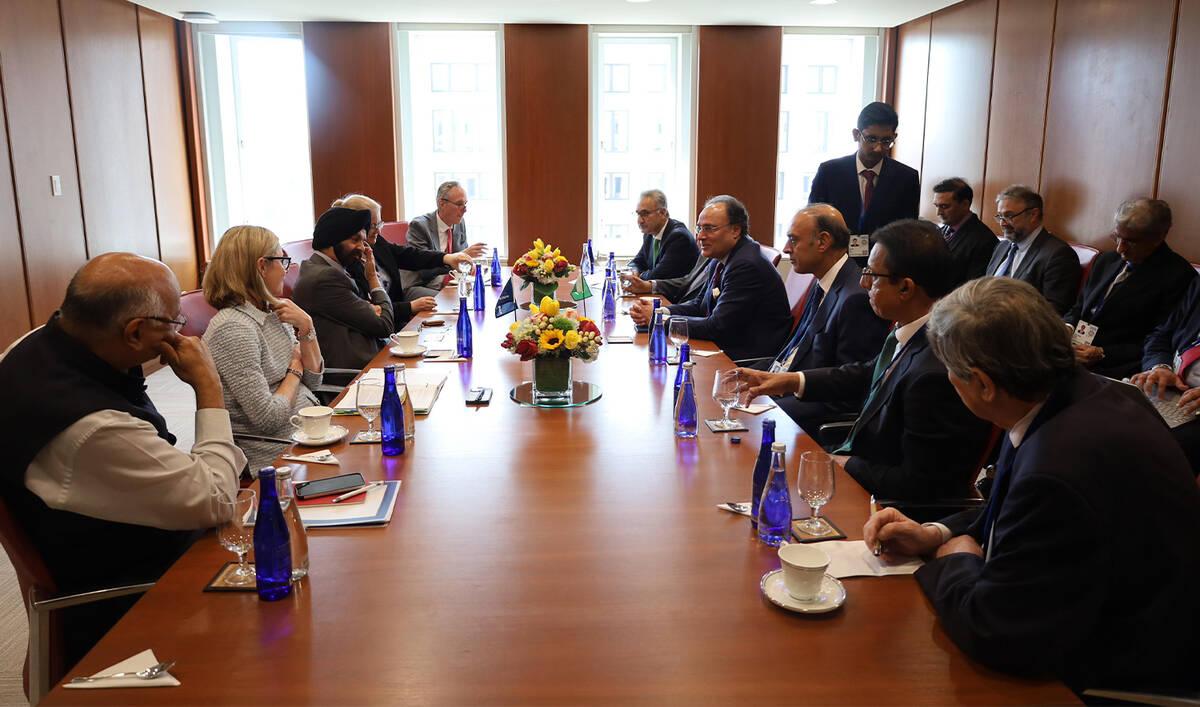RIYADH: Saudi Arabia’s efforts to create a conducive environment for new businesses have seen the Kingdom secure the second rank globally on the National Entrepreneurship Context Index in 2022.
According to the Global Entrepreneurship Monitor report, Saudi Arabia jumped from its fourth ranking in 2021 to claim the second spot in the global list of 49 countries as the Kingdom’s fast-evolving business landscape continues to encourage businesses to start new operations.
Released by Saudi Arabia’s Prince Mohammed Bin Salman College of Management and Entrepreneurship, also known as MBSC, the report revealed that approximately 20 percent of the Kingdom’s population actively supported the startup scenario.
The study indicated that the age group from 18 to 24 was the fastest-growing segment and the most popular for entrepreneurial activities and business projects.
“Government policies have simplified the process of starting a firm and made it simpler for foreign corporations to invest in the economy, two factors essential to the Kingdom’s long-term development ambitions under Vision 2030,” the report highlighted.
Following the report’s release, MBSC hosted a conference to discuss the findings and insights of the research.
“The entrepreneurial environment in the Kingdom continues to thrive, supported by strong public policies, diverse financing opportunities and high consumer demand,” said Muhammad Roomi, professor of entrepreneurship at MBSC, during the conference.
MBSC Dean Zeger Degrave said: “We are committed to the Saudi entrepreneurship market, based on our valuable partnerships with the Global Entrepreneurship Monitor and Babson Global, and we constantly strive to provide high-quality, internationally accredited education that enables business leadership.”
The symposium also discussed ways to develop and diversify the Saudi entrepreneurship sector using technology.
The gathering also tapped into topics relating to investment and knowledge transfer, including a wide range of potential advantages such as high growth, job creation and global competitiveness.
Participants in the conference further discussed several current trends in the local market, including the marked increase in entrepreneurship projects among youth in the Kingdom.
The GEM report claimed that it is the only global research source that collects data on entrepreneurship directly from individual entrepreneurs.
It analyzes the characteristics, motivations, and ambitions of individuals starting businesses and social attitudes toward entrepreneurship.





















